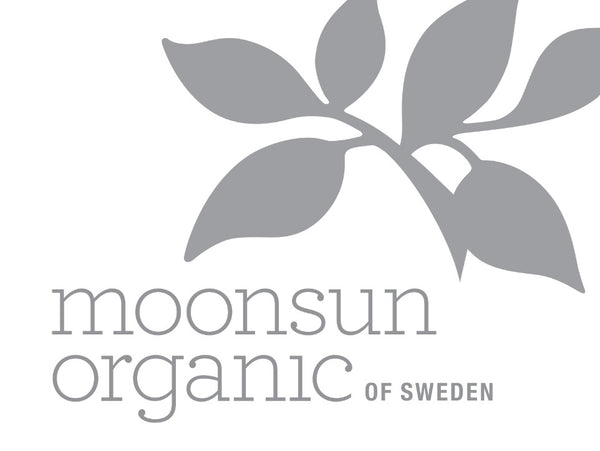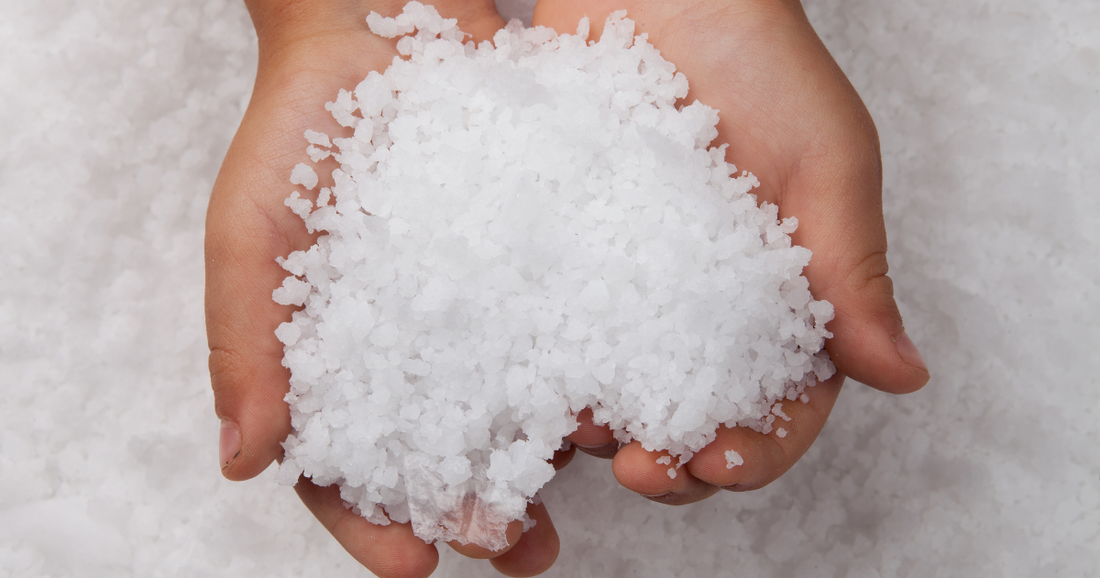Sustainability and environmental awareness are in Moonsun's DNA. For example, we use recycled plastic in our packaging instead of newly produced plastic. Recycled plastic is much more expensive and sometimes the colors of the plastic shift - it is difficult to get it 100% transparent. We still think it is a matter of course not to waste the earth's resources and offer a product that is not only good for the skin, but also for the soul.
Did you know that the beauty industry produces 120 billion tons of plastic packaging every year? Few of these packages are recycled but end up in seas and land or are incinerated. Incredible waste of the earth's resources and creates a major impact on our environment and our climate.
By recycling plastic materials, we can reduce the amount of waste and use resources in a more sustainable way. Should we look at the environmental impact of recycled plastic compared to newly produced plastic?
Energy use: When we compare recycled plastic with newly produced plastic, energy use is one of the biggest differences. Production of new plastic requires significantly more energy than recycling existing plastic. To make new plastics, raw materials such as oil or natural gas are required, and energy-intensive processes are required to convert these raw materials into usable plastic. On the other hand, recycling plastic requires much less energy, as the plastic is already produced and only needs to be processed to be reused.
Carbon dioxide emissions: Carbon dioxide emissions are another important factor to consider when looking at the environmental impact of plastics. Production of new plastics generates large amounts of carbon dioxide emissions, both during the extraction of raw materials and during the energy-intensive production processes. Recycled plastic, on the other hand, requires significantly less carbon dioxide emissions, since recycling does not involve the extraction of new raw materials or equally energy-intensive processes.
Waste management: Another benefit of recycled plastic is its positive impact on waste management. Plastic waste is a major problem around the world, and recycling plays an important role in reducing the amount of plastic waste that ends up in landfills or in nature. By reusing existing plastic, we reduce the need to produce new plastic and contribute to reducing the amount of waste.
Resource consumption: When we assess the environmental impact of plastic, it is also important to look at resource consumption. Production of new plastics requires significant amounts of raw materials, such as oil or natural gas. By recycling plastic materials, we can save on these finite resources and reduce the need to extract more raw materials from the earth.
Plastic recycling reduces energy use, carbon dioxide emissions, the amount of waste and the consumption of resources. By promoting recycling and using recycled plastic instead of newly produced plastic, we can make significant progress towards a more sustainable and environmentally friendly future.
But with increased commitment and awareness, we can all contribute to reducing our environmental impact and promote a circular economy where plastic waste is transformed into valuable resources.

